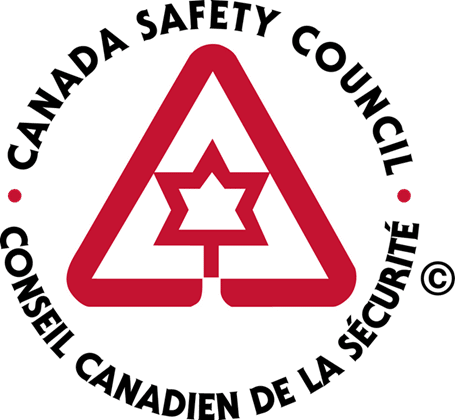Children on the Farm
Too often, both children and parents consider the entire farm a play space. Farm children live in a workplace – one that exposes them to machinery, chemicals, livestock and other hazards. The best way to keep youngsters away from the risks is to have a specifically designated play area in the farm yard.
Machinery: Youngsters can fall from tractors operated by an adult, often when an operator starts a machine without knowing the child is in the area. Never let children ride on farm tractors.
Flowing Grain: It takes only two or three seconds to become helplessly trapped in flowing grain. Crushed or bridged grain can suddenly collapse. Flowing grain in bins and wagons can drag an unsuspecting victim down like quicksand. Make grain bins and work areas off-limits to children.
Livestock: Even good-tempered animals can become dangerous. Cattle can knock down and trample a toddler without noticing the child is even there. A calm animal can become dangerous if it or its offspring feel threatened. Keep children away from animals, especially in livestock-handling areas.
Pesticides and Other Chemicals: Keep children away from farm chemicals. Store the chemicals in a cabinet; room or building that can be locked, in their original containers, properly labelled. Never throw chemical containers or small leftover amounts in the garbage or other areas where children may go.
Teach small children the rudiments of safety, such as which areas are off-limits. As they grow older, explain why certain things are dangerous. When they start helping with the work, make sure they are properly trained, keeping their limited strength and experience in mind. The safe way to do things is not always obvious to a child, so always explain and enforce the safety aspects of the job.
Children imitate what they see. Above all, farmers and their workers must set a good example, both for their own safety and as a role model for children.
